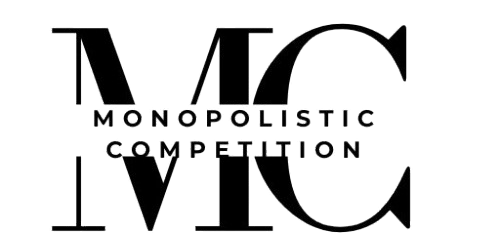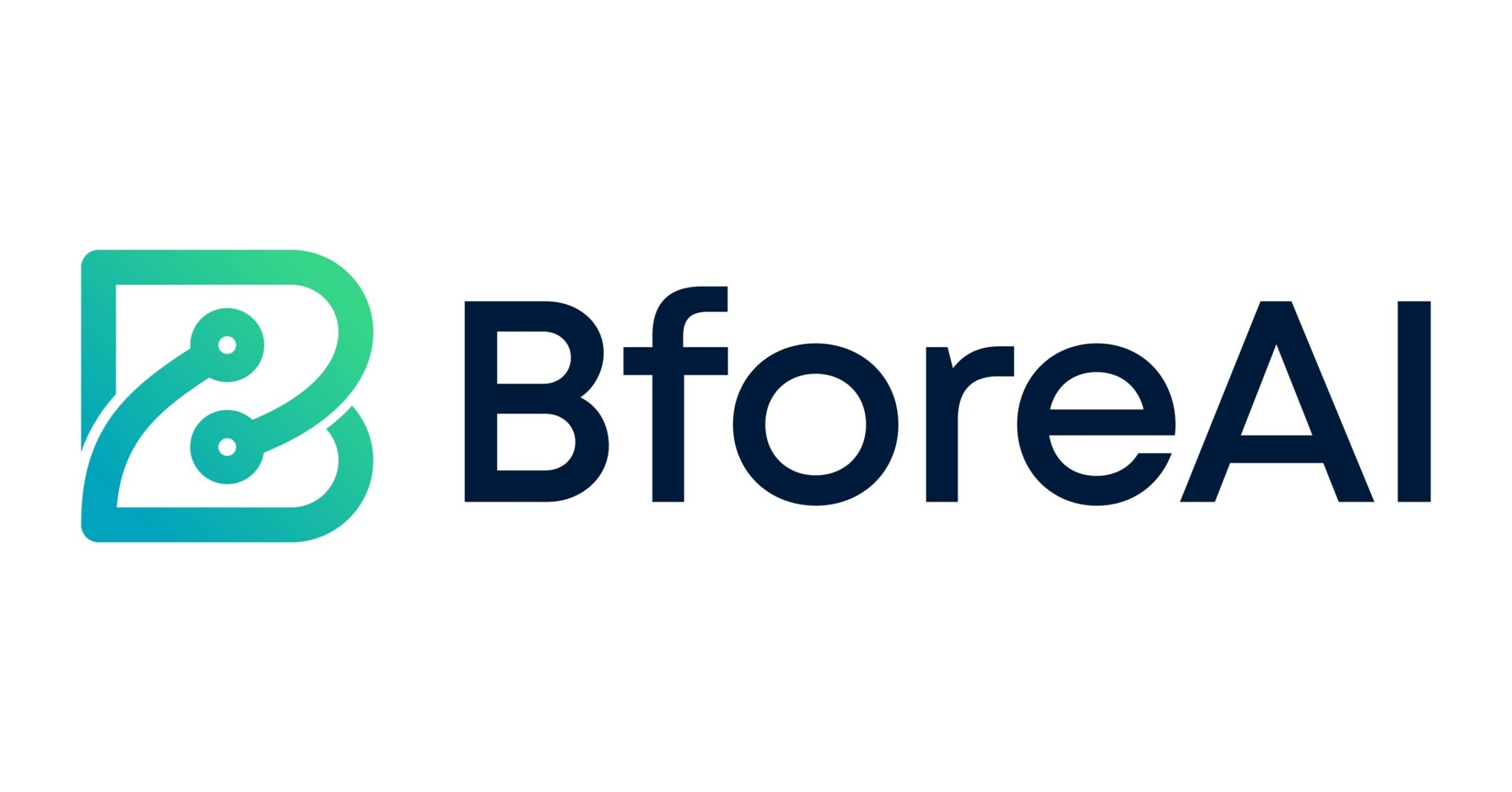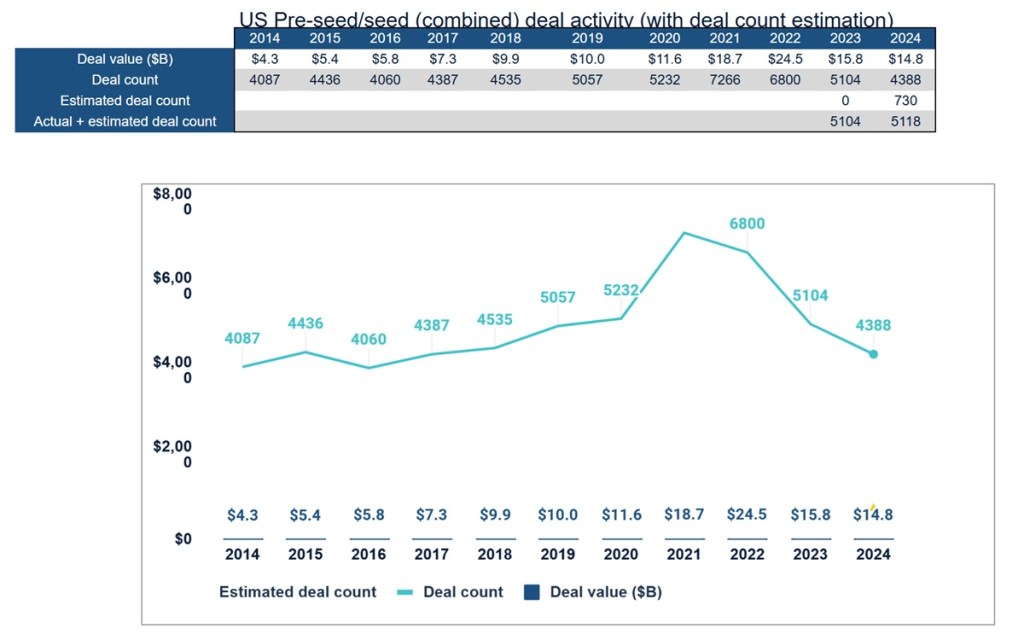You’re a first-time founder who’s just raised an early-stage round with key investors on board. Now, how can you make the most of your cap table?
Venture capitalists often talk about “adding value” to their firms’ portfolio companies, but it can be difficult for entrepreneurs to understand what that means in practice.
As a talent and portfolio partner at Northzone, I spend much of my time supporting founders and their teams, beyond the injection of capital. Investors can be an extraordinary resource spanning operational and strategic areas across various stages of funding.
Some founders might understandably be hesitant to request guidance, introductions or help troubleshooting from investors, but VCs want you and your business to succeed. So push them to help move the needle.
Scaling your team

Throughout various stages of growth, founders spend a large portion of their time on people topics, and investors who have seen companies manage those scenarios can suggest best practices for scaling a team and implementing the right organizational structures.
While hiring rates continue to fall, high demand for top talent persists and early-stage teams still need to be creative in recruitment. Key early senior hires can transform a business.
Leveraging your investors’ network for top-tier candidates can be fruitful when hiring for critical roles or calibrating the type of profiles you will need to hire. In particular, to attract talent from later-stage companies, startups can turn to their backers to not only offer candidate suggestions but also boost their employer branding.
That said, a VC should teach you how to source talent, rather than fully doing it for you. It’s also important to ensure a startup doesn’t become a “network club” and founders should lean on investor learnings to implement key diversity initiatives that can source a wider pool of potential employees.
But hiring is just one side of the talent coin. Upskilling new employees requires significant time and capital, so founders should ensure there is not significant churn on their most valuable resource: people. Investors can provide guidance on what a company can offer in terms of financial packages, such as employee compensation and stock ownership programs.
With pay increases down 14% from last year, a VC can help implement cost-effective retention initiatives that align with market trends. For example, startups that have introduced effective L&D programs and mental health provisions are experiencing improved employee loyalty.
Opening customer doors
Similarly, VCs can be very impactful in opening doors to potential key customers and exploring potential partnerships through their portfolio and broader ecosystem. In the early stages, these conversations can also be helpful in finding product market fit and iterating a product with the right design partners.
The best founders do not shy away from this and even make the investors on their cap table compete to create some friendly rivalry. Shout-outs in regular investor updates also help push VCs to roll their sleeves up and deliver tangible introductions.
Helping prepare for your next round of funding
VCs can be incredibly valuable to founders preparing for a subsequent round of fundraising, especially those without prior experience in that stage of growth. VCs know their industry well so can help prepare the right materials and reach relevant investors.
And not just in private: Your cap table can be your biggest advocates when extending the reach of an announced funding round or new product, and senior marketing employees should look to investors to amplify their brand and narrative.
Offering founder support during high and lows
Founders often seek mentorship and hands-on expertise, and their cap table is an excellent place to learn from company builders who can act as sounding boards and, at times, sparring partners as a business grows.
However, there is often more of a barrier in reaching out on personal development and well-being topics. Being a founder can be taxing and lonely, and sharing can be very impactful along the way. While founders can be reluctant to open up on personal matters, fearing perceived weakness, investors are typically well-equipped to offer support. One example, which we implement at Northzone, is founder sharing circles, allowing our portfolio to lean on each other for personal development and advice.
Flipping the cap table
The responsibility shouldn’t rest solely on startups: The venture capital industry as a whole could be more proactive in championing portfolio companies.
However, by confidently seeking support and guidance, founders can gain immense value from their investors beyond just capital. And by considering what VCs can offer them while raising, founders may well find themselves with an even stronger cap table in the long run.
Elena Pantazi is a talent and portfolio support partner at Northzone, where she focuses on helping portfolio companies build teams and advises founders on their growth journey. Northzone is a global venture capital firm whose portfolio includes Spotify, Klarna, iZettle, and Trustpilot. The firm has raised more than 10 funds to date, with its most recent fund in excess of €1 billion. Previously, Pantazi was director of operations and head of marketing and communications at Bain Capital Private Equity Europe and vice president of research at Third Bridge, which she joined as an early employee.
Illustration: Dom Guzman


Stay up to date with recent funding rounds, acquisitions, and more with the
Crunchbase Daily.












Leave a Reply